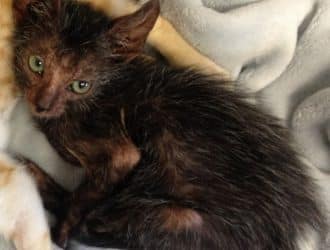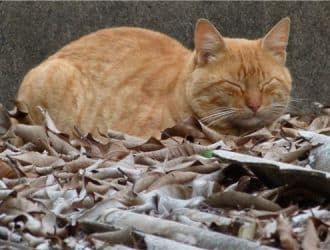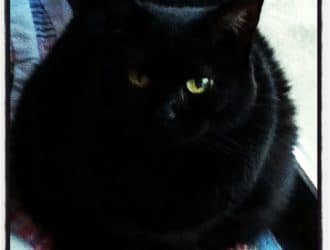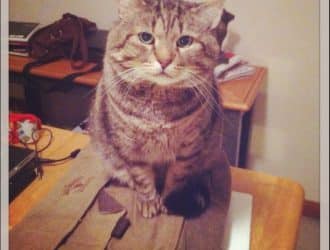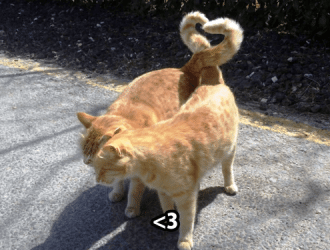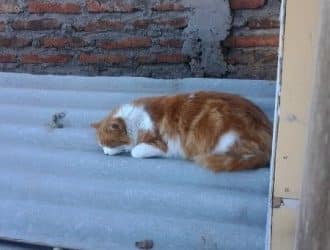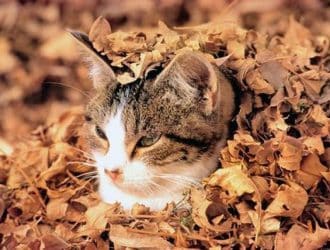Spring forward with your pet!
When it comes to a change in seasons, there are always signs that herald the…
Wolf Cats Are On The Prowl: More About Lykoi
You may’ve heard of “Lykoi” cats or maybe you haven’t. They’re sometimes called ‘wolf’ cats…
Give your cat a Fall tune up
Many people take their car for spring and fall tune-ups, but autumn is also a…
Good news for FIV+ kitties and those who love them
Finally, some good news for FIV (the feline immunodeficiency virus) positive kitties and those who…
So your cat has a heart murmur
There’s probably nothing more frightening for a pet owner than hearing that little “humpf” from…
Don’t Lose Hope: Finding A Lost Pet
Twelve years ago this November one of the feral cats I cared for, Snowy, disappeared.…
Winter Is Coming. Be Sure Your Community Cats Are Prepared
Autumn has always been my favorite season. I love the brightly colored falling leaves, sweaters…
Help your pet beat the summer heat
Summer is a great time to bond with your pet. Long summer drives, time spent…

